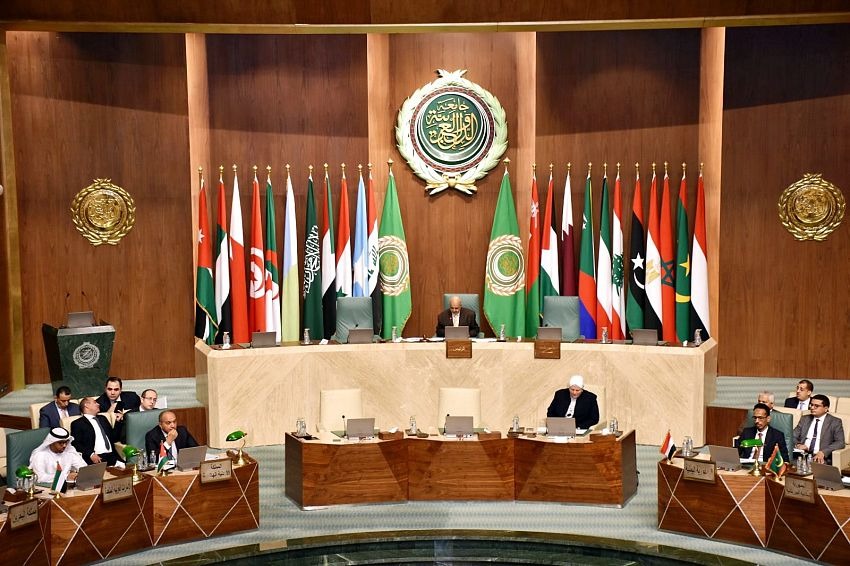


Barran Press
On Thursday, October 31, 2024, Yemen chaired an emergency meeting of the Arab League at the level of permanent representatives to discuss recent Israeli laws prohibiting the activities of the United Nations Relief and Works Agency for Palestine Refugees in the Near East (UNRWA) in the occupied Palestinian territories.
In his opening remarks, Dr. Ali Moussa, Yemen's acting permanent representative to the Arab League, condemned Israel’s adoption of laws that restrict UNRWA's humanitarian operations. He emphasized that these actions represent a serious violation of humanitarian principles and exacerbate the suffering of the Palestinian people.
Moussa called for the implementation of strict measures against Israel to ensure the protection of the unarmed Palestinian population and the work of UN agencies and humanitarian organizations. He urged the international community and the United Nations Security Council to put an end to these daily violations by declaring an immediate ceasefire that guarantees the safety, stability, and legitimate rights of the Palestinian people, in line with the two-state solution and international peace initiatives.
The Yemeni representative reiterated full support for UNRWA, highlighting its essential role in providing aid to the Palestinian people. He described the Israeli prohibition of UNRWA's activities as a violation of international law and Israel's obligations as the occupying power.
Moussa warned that the ban would have devastating humanitarian consequences, depriving millions of Palestinians in Gaza, the West Bank, Lebanon, Jordan, and Syria of essential services. He stressed that UNRWA is not merely a relief agency; it also provides education, healthcare, social services, and protection for Palestinian refugees, making its work irreplaceable.
On October 28, the Israeli Knesset approved legislation banning UNRWA's operations in the occupied territories, a move that has sparked significant Palestinian and Arab backlash, warning of its potential impacts on regional stability. The Commissioner-General of UNRWA, Philippe Lazzarini, stated that the ban represents a dangerous precedent and is part of an ongoing campaign to delegitimize the agency, which would further increase Palestinian suffering.
Juliette Touma, spokesperson for UNRWA, noted that if the ban is enforced, it would lead to a catastrophe, particularly affecting humanitarian operations in Gaza and the West Bank, where UNRWA is the primary humanitarian response organization, responsible for shelter, food, and basic healthcare.
Founded in 1949, UNRWA provides support to Palestinian refugees across the Middle East.